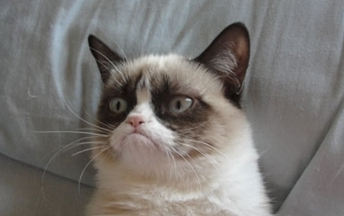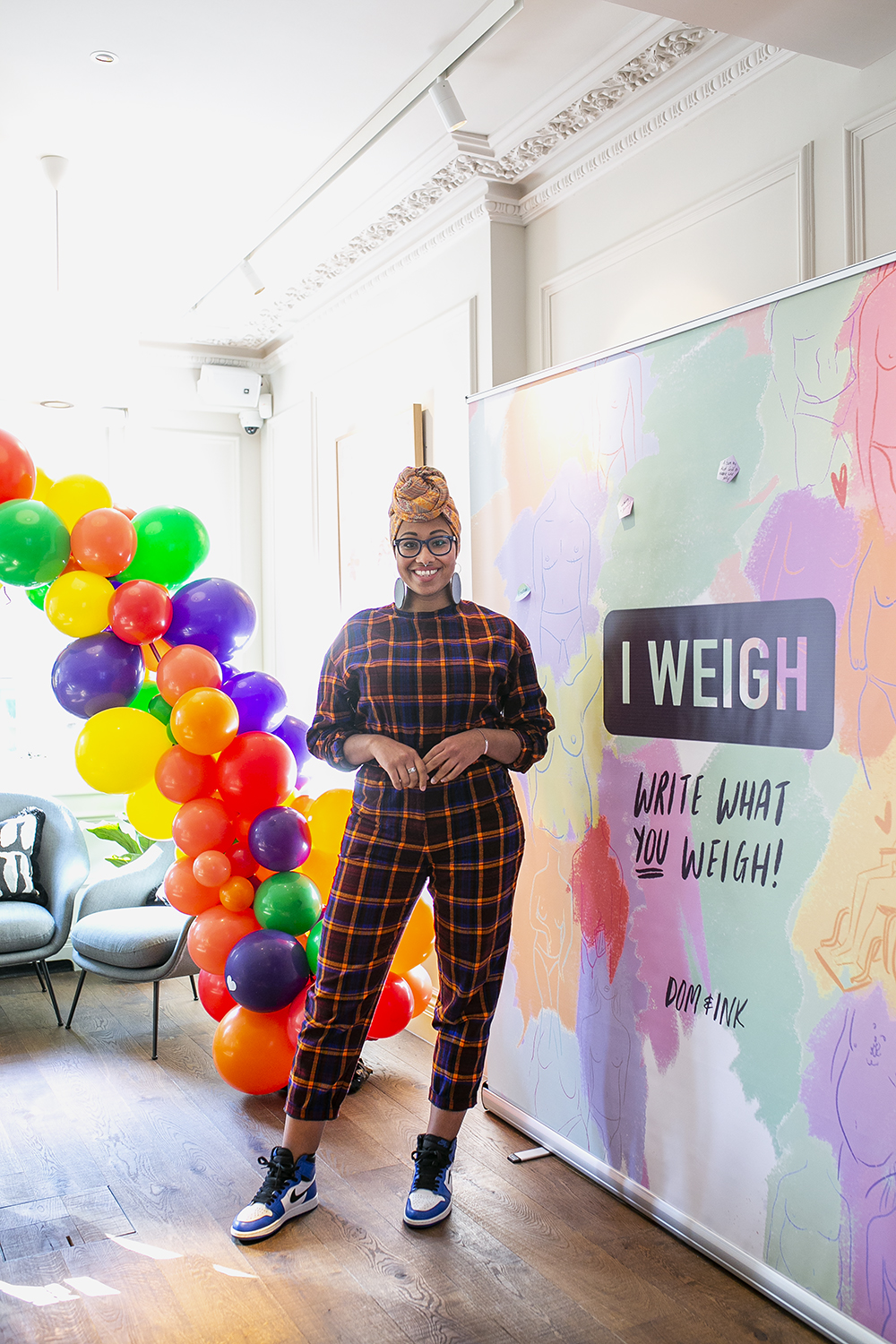People love a fall from grace.
We’ve all been there. Retweeted gleefully, sprinkled a hot take with a couple of well place gifs, revelled in the schadenfreude. There’s safety in a mob: the herd mentality that takes over when you’re part of a wave of condemnation means you’re no longer acting as an individual, but as a member of a movement, a cause, a mission. The overall goal or intended outcome of that mission is rarely discussed, instead, what is focused on is the destruction. The complete and utter annihilation of the subject of anger and disapproval. There is no space for redemption.
Hey, no shade - I’ve been there too. They have not been my proudest moments, but it felt good at the time. What makes it more interesting is that I’ve actually been on both sides of the coin: a member of an online mob and the one bearing the brunt of it. And let me tell you, as someone who has had their life irrevocably and irreparably changed by the viciousness of the pack mentality, it’s not something you get through unscathed. It’s also very rarely anything to do with the inciting incident. Often, the importance of the catalysing moment gets lost in the melee, making the whole experience all the more tragic.
Why am I writing about this today? Am I making a broad reflective comment on my annus horribilis, 2017? Or a comment on the James Charles situation (lol no, I wouldn’t be unwise enough to wade into YouTube commentary, a world I know little about!). To be honest, my thoughts could apply to all the above, but has been mostly sparked by the conversation I’ve seen building online over the past couple of weeks regarding a large US based media company founded by a young Muslim woman.
I’m not here to name names, though it won’t take you much to ascertain who and what I’m talking about. I’ve been mulling about whether to write something regarding the ongoing conversation for some time: I’ve seen it develop and have questioned whether or not it is my place to get involved or intervene, and if I was to say something, what the most Islamic or ethical for me to say would be.
My thought process was as such: what frameworks do I have for thinking about what is going on? How do I know what is right?
My first step was to think about legal frameworks of wrongdoing. To me, it appeared that what is being spoken about was less as legal and legislative matter, but more a matter of culture and ethics. In cases where someone has been accused of legal wrongdoing, it is easier to know what to do: there is a legal process us outside supporters can push for. In cases where the court of law has been less reliable, say in areas of sexual assault and harassment, it is also slightly easier to imagine what has occurred because of what we know occurs under a major structural power imbalance, say, in a case with a powerful older white man and a younger woman of colour. We have precedents and ways of dealing with such injustice.
But what about an issue of culture and ethics? An issue about the treatment of volunteers, promises of pay that were never followed through, the lack of credit given to creatives? How does one ethically navigate engaging with these conversations?
I guess it depends on the desired outcome. Is the desired outcome for an individual to resign? To make a promise publicly to fix the issues raised and move on? To bring people who have been wronged back in the fold? As this is a question of culture and ethics, once we start digging deeper we may realise that we have different ideas of what it means for issues like this to be resolved. So what does one do? Get a consensus from the community? Who gets to be part of the community that makes this decision? Again I wonder - how do we decide the best thing to do?
I honestly still don’t know the answer to this, beyond asking Allah for guidance. I’ve run a volunteer organisation before, from when I was 16 years old to 25 years old, and have no doubt that I wasn’t perfect. I’m loathe to throw stones. What I do know, however, are the values and principles which I hold dear, and my desire to push for them. I believe it is important to treat the people who work for us with kindness, professionalism and dignity, and if we get that wrong, do what we can to be better. I believe it’s important to credit artists’ work, and if we don’t perhaps that is our ego talking, or something off with our business model. I think it is important to pay people, but - I also ran a volunteer organisation for almost a decade, so I understand the struggle. It’s a balance I am still trying to figure out - and any mistakes I make, I hope to learn from and get better.
And I guess that’s the thing that makes me the most uncomfortable, and feels like a thorn in my side. I wonder to myself, what if I was in this founder’s position? What would I do? How do I redeem myself? Is there any room for growth? What do people want from me?
It’s a scary place to be in, because in one moment you have the expectations, desires, hopes and dreams of a community projected on you, and in another moment you are the epitome of everything they despise, everything they think is wrong with the system, the physical manifestation of structural inequality. The irony, of course, is that it has nothing to do with you as an individual. You no longer become an individual with fears and feelings. You’re an image, a projection on a screen, a reflection of whatever people want you to be. One could argue it’s an impossible ideal to live up to.
I’m not here to be judge and jury. Far from it. It’s sad to hear that a media organisation has left such a sour taste in the mouths of many who have worked for them. It’s sad to see a reasonable request for artistic credit snowball into something so messy and personal. It’s sad to know whatever I write about this, it will make someone unhappy - whether because I am seen as weak and not taking sides, or taking the side of one over the other, coming out too late, coming out too gently, whatever - I have no doubt that people will be upset. However, that’s not why I write this. I write this because it is important that we have measured, critical conversations about what it means to build a healthy community, online and off. What it means to treat each other with respect and dignity, in the way of our Prophet (SAW) - and that includes fair treatment in the workplace as well as when we hear bad news about people we respect. I write this because I am still figuring out the best way to engage, but that is certainly not to negate the experiences of those who are frustrated, angry, hurt and disappointed because of their experiences. For what it’s worth, Aima from @niqabaechronicles is an amazing graphic designer and content creator, and you should commission her - I certainly will be doing so as soon as I need one, inshallah.
Khair, inshallah. Allah knows best, and I pray that He guide me in tough moments like these. I’d love to hear your thoughts - respectfully - on what you think the best way to engage in conversations like this online are, and what you have thought / learnt / reflected on after reading this piece. Much appreciated x














